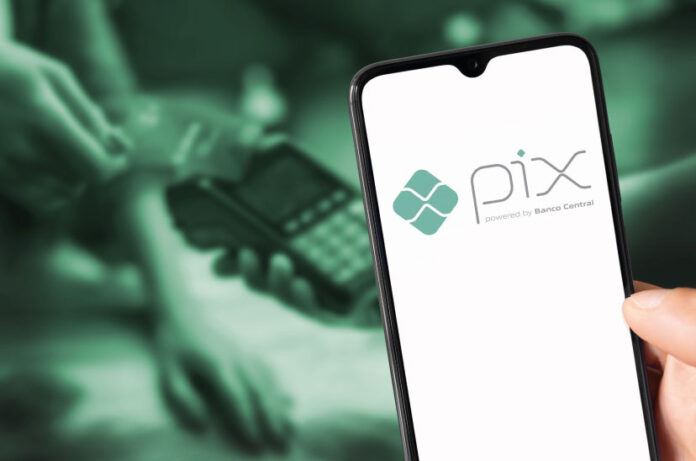Since June 16th, PIX Automatic has officially begun operating as a new phase of Brazil’s instant payment system. Developed by the Central Bank, this feature enables recurring debits—such as subscriptions, memberships, and bills—without the need for slips or cards. The proposal aims to offer users a simpler, more transparent, and controllable alternative for periodic payments.
With just one authorization via a banking app, customers can schedule automatic payments debited directly from their checking accounts, without entering card numbers, CVV, or due dates. The tool arrives at a time when Pix is already the most widely used payment method in the country, used by 73% of Brazilians, according to research by MindMiners. Even so, traditional methods like debit (60%) and credit cards (53%) remain the preferred options for recurring transactions.
“Pix’s dominance reflects an important shift in behavior, particularly among younger generations and microentrepreneurs. The simplicity of the tool—which eliminates card machines and fees—has been pivotal in boosting small businesses, expanding access to banking, and accelerating the digitalization of the economy,” highlights Murilo Rabusky, Business Director of Lina Open X.
The simplicity that challenges the traditional market
PIX Automatic’s proposal is straightforward: eliminate the complexity of recurring payments. Unlike cards, which require details such as the card number, CVV, and expiration date, the new system works with just one authorization in the banking app.
The process is intuitive: customers receive an automatic debit proposal from the company, authorize it once in their banking app, and from then on, payments happen automatically on the agreed dates. The key differentiator lies in control: users can cancel, pause, or adjust payments directly via their smartphones, hassle-free.
“These innovations make the system more efficient, secure, and accessible—for both consumers and businesses—and solidify Brazil’s position as a global leader in banking innovation. By continuously evolving in line with consumer behavior, Pix reaffirms its role as a driver of inclusion, innovation, and competitiveness in the national financial system,” says Murilo Rabusky.
Competitive advantages over cards
Among the main advantages of the new system for businesses are reduced delinquency rates and common friction in card payments—such as declined transactions due to exceeded limits or expired cards. Industry estimates indicate that up to 40% of card payment attempts are rejected for various reasons.
Additionally, the streamlined process could boost subscription services. Payment friction remains a major retention bottleneck. Solutions like PIX Automatic help eliminate these barriers.
Despite its advantages, the new system also faces implementation hurdles. Banks and fintechs must adapt their systems to operate within PIX Automatic’s authorization and cancellation infrastructure. For businesses, investments in technological integration and clear consumer communication are required.
Use in pensions, healthcare, and education
Even in its early stages, PIX Automatic is already being adopted beyond digital retail. In the pension sector, Brasilprev, in partnership with fintech Lina Open X, now offers plans paid via PIX Automatic. Educational institutions are also exploring the option for tuition payments, as are healthcare clinics and insurance providers.
The expectation is that, over time, the new system could replace both slips and cards in recurring transactions. The model benefits businesses with high recurrence rates, such as gyms, subscription clubs, and online courses.
“Companies that can integrate PIX Automatic strategically will gain a significant competitive edge. The technology not only reduces costs but also improves customer experience and increases retention,” concludes Lina Open X’s director.
What lies ahead
The debut of PIX Automatic is part of a broader Central Bank agenda to expand the instant payment ecosystem. Still planned for 2025 is the launch of PIX Installments, which will allow splitting payments into multiple installments directly from the checking account—with or without interest, depending on negotiations with the financial institution.
With this, Brazil is moving toward consolidating a system that offers one-time, recurring, and installment payments—all within the same environment and without the need for cards. It’s a change with the potential to significantly impact multiple sectors of the economy.


